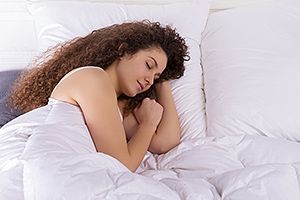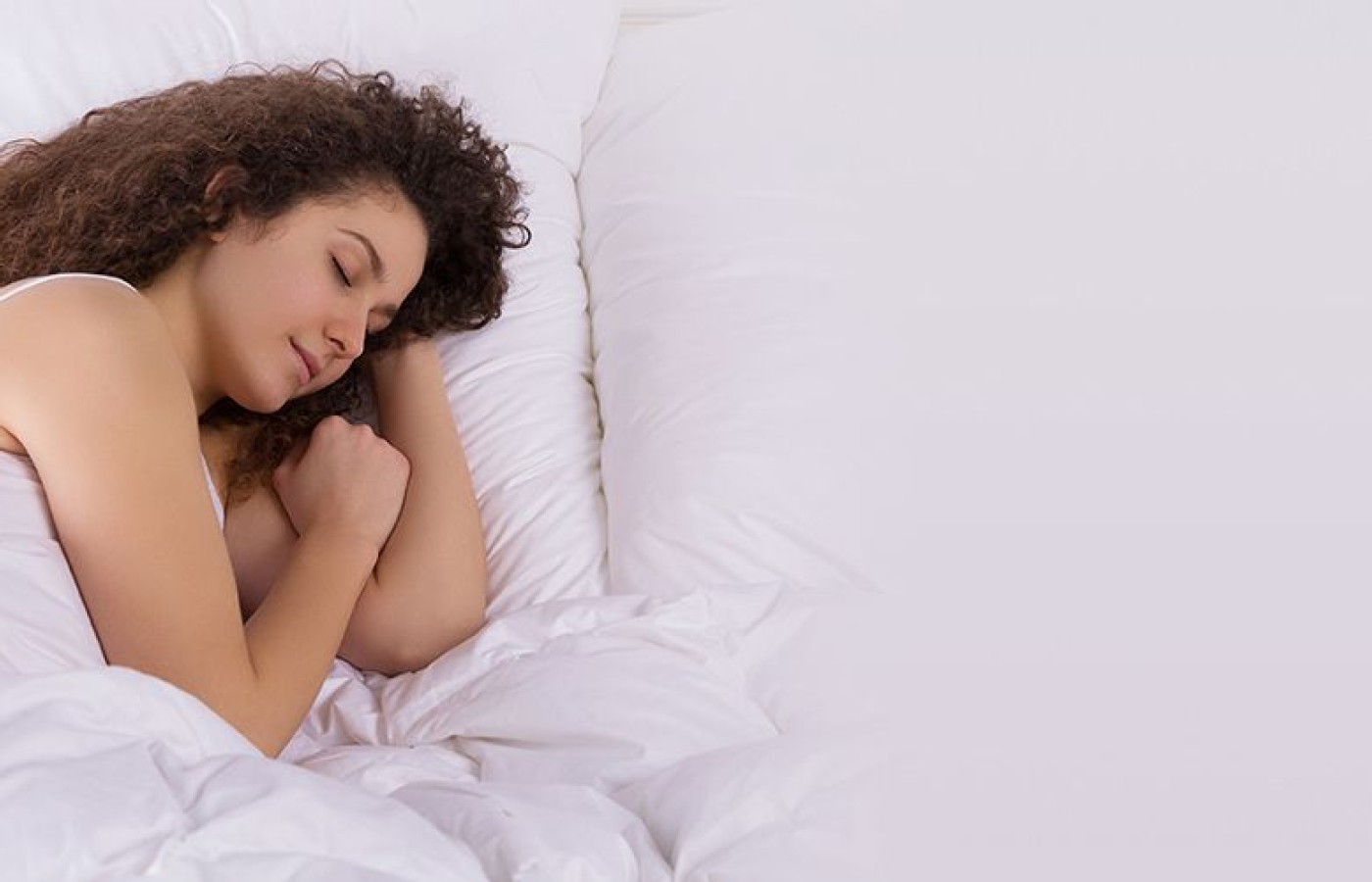It’s a new year and many chiropractors are evaluating what will enhance their respective practices, particularly as it relates to their bottom line. One of the most common questions I get is: “Do I need to be credentialed to bill insurance, and what are the best plans to join?” It’s a loaded question – but one every DC ponders. Whether you're already in-network or pondering whether to join, here's what you need to know.
The Science of Sleeping Right
If you've been in practice any amount of time, you've undoubtedly had a patient or two with neck pain come in who, when asked how it happened, responded, "I must have slept wrong." This answer in itself implies two interesting points: first, that sleeping wrong was the cause of acute neck pain requiring a visit to the chiropractor; and second, that there must be a right way to sleep. However, one must ask, are we really so fragile that simply sleeping in the wrong position can result in excruciating neck pain?
The Wrong Way to Sleep
It seems logical to assume poor sleeping posture may be responsible for neck or back pain in the morning due to viscoelastic changes such as creep and fatigue failure in response to a single, sustained load or repeated loads. However, anyone who has seen a sleeping child knows they sleep in just about every weird position possible, without suffering waking neck or back pain.

But if sleeping wrong doesn't cause acute neck or back pain in an asymptomatic individual, how do we explain the patient complaint of acute-onset waking neck pain? Let's see what the science has to say.
In a small study published in November 2021,1 researchers compared four sleeping postures and their potential correlation with neck and back pain. Participants were separated into three groups: cervical stiffness, lumbar stiffness and an asymptomatic control group.
Surprisingly, there was not a clear correlation between sleeping position and morning pain with positions when comparing the two symptomatic groups and control group. Instead, people with pre-existing morning stiffness tended to have poorer quality of sleep and change positions more frequently, including tossing and turning into the provocative positions which seemed to provoke the waking neck or back pain.
To further explore this, we surveyed 650 females between the ages of 30-55 who were having trouble sleeping. All but 26 believed that a poor bed, pillow or sleeping posture was primary cause of their morning neck stiffness. They were blaming something external on their sleeping problems.
One hundred and eighty-six of the participants agreed to undergo a physical examination. Of those participants, 185 were found to have an underlying condition which would cause morning neck stiffness, such as spondylosis or disc pathology. It seemed that there was a disconnect between what people thought the cause of their neck pain was, and what was a more probable explanation for the intermittent morning discomfort they experienced.
Interestingly, after these participants underwent treatment for the physical conditions, almost all of them were able to sleep better and wake with reduced or resolved morning stiffness and pain, without changing their sleeping habits or positions.
This lends to the idea that the way we sleep may be correlated with discomfort, but unlikely is the cause of the pain. And while some research has shown there may be a correlation with sleep posture and symptoms from existing spinal problems, there is not yet enough evidence to point to poor sleep posture as the single cause of acute spinal symptoms.2
My clinical take-home from my initial research was that by simply thinking the patient's pain was from "sleeping wrong," I was missing a huge piece of the puzzle that was usually an important diagnosis. Exploring this in more depth up front led to improved patient outcomes for our clinic.
The Right Way to Sleep
Before I make a blanket statement regarding the optimal sleeping posture, I want to be clear that the most important aspect of sleeping well is comfort. If patients are more comfortable on their backs or sides, then one should be given precedence over the other. And although we may all condemn stomach sleepers, one could argue that if they are more comfortable on their stomach, they should allow comfort and a good night's sleep to be their guide.
As health care professionals, we can help patients sleep better by getting to the root of their discomfort. Solving the underlying issue has proven, at least in my clinic, to be the best way to help patients change bad habits. And this may be more of a journey of habit modification and retraining, rather than a single posture recommendation.
For instance, a female patient with a rotator-cuff injury may not be able to sleep on her side, unless she is eight months pregnant and cannot sleep on her stomach or back very easily. This is where we can be of great benefit in two ways – first, by helping relieve the shoulder pain, and second, by recommending proper cushions or supports, such as a pillow high enough to remove pressure from her shoulder while sleeping.
But for the asymptomatic person who's just curious as to how to prevent future problems, it is safe to assume that sleeping with the spine in a neutral position not only decreases risk for microtrauma to ligaments and tendons, it may have benefits that go beyond the prevention of musculoskeletal symptoms.
With regard to the central nervous system, preliminary research suggests that to optimize glymphatic flow, sleeping in the right lateral sleeping position allows for more cerebral spinal fluid clearance compared to supine and prone.3 This neutral position can be achieved most easily in a side-lying posture with the nose lined up with the sternum, using a properly sized pillow.
Take-Home Points
- The pillow is not the problem (just like back pain is not caused by a lack of a back brace).
- Sleeping posture / position recommendations must be individual to the patient, based on their medical and lifestyle history.
- Waking pain is usually a clinical indication of something else going on, not simply a bad sleeping position.
- In the long run, there are benefits to good sleeping posture that can play a role in health in more ways than just musculoskeletal pain.
So, given all the variables in our patient population, the best answer I can come up with regarding the best sleeping posture is ... it depends. It's akin to asking which adjustment is best. No one recommendation fits all, especially when it comes to sleep.
References
- Cary D, et al. Examining relationships between sleep posture, waking spinal symptoms and quality of sleep: a cross sectional study. PLoS One, 2021;16(11):e0260582.
- Cary D. Identifying relationships between sleep posture and non-specific spinal symptoms in adults: a scoping review. BMJ Open, 2019;9(6):e027633.
- Reddy OC, van der Werf YD. The sleeping brain: harnessing the power of the glymphatic system through lifestyle choices. Brain Sci, 2020 Nov;10(11):868.



